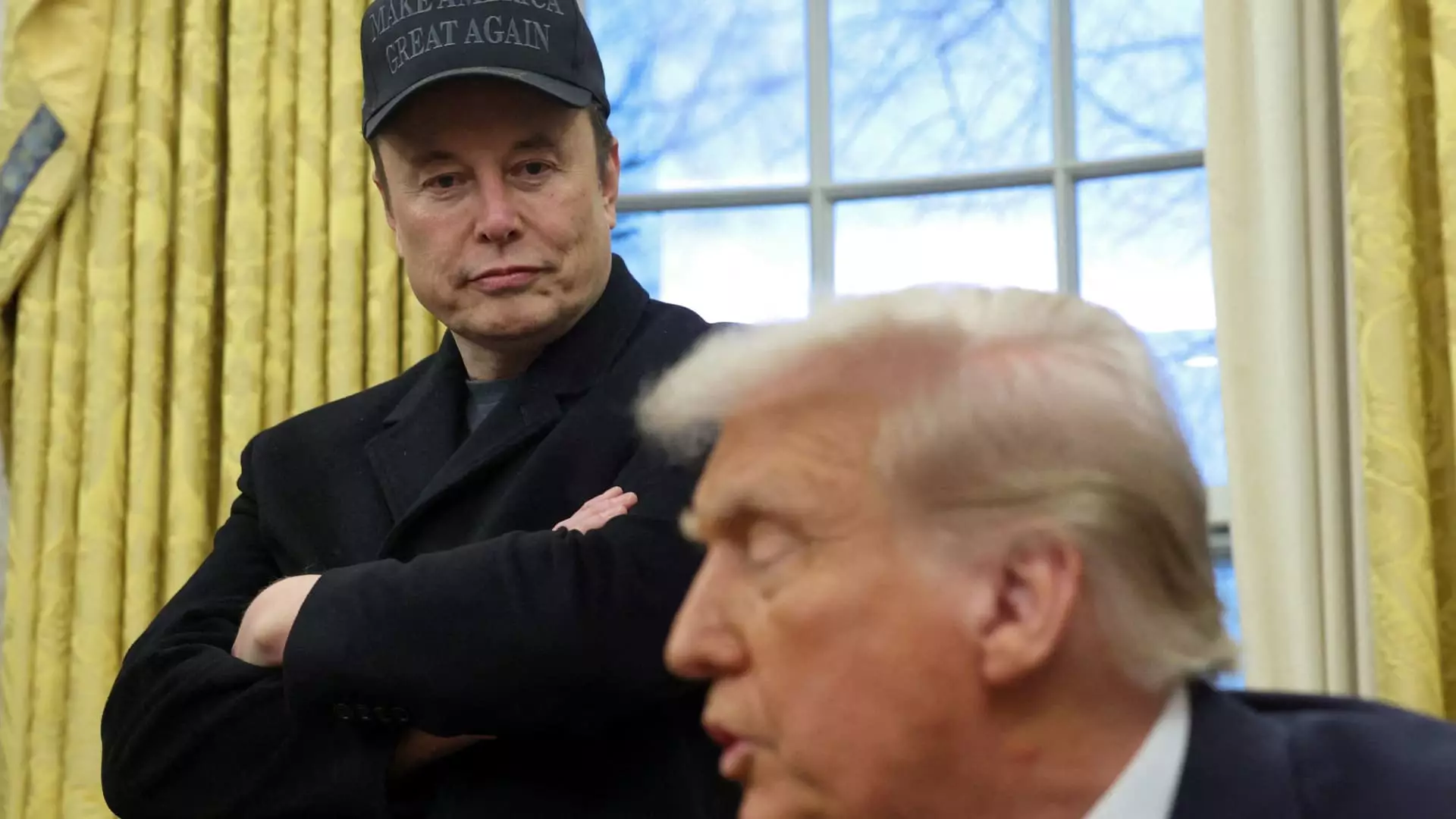In a striking maneuver, Trump Media, alongside the conservative-focused social media platform Rumble, has lodged a lawsuit against Brazilian Supreme Court Justice Alexandre de Moraes. The lawsuit comes on the heels of Justice Moraes’s controversial decision that led to the blocking of Elon Musk’s social media platform, X (formerly Twitter), in Brazil. Central to this lawsuit is the claim that Moraes has sought to suppress the activities of a politically vocal Rumble user by attempting to impose censorship on US-based accounts. Trump Media and Rumble argue that such actions threaten the core principles of free speech cherished in the United States, framing Moraes’s actions as an overreach of judicial authority that infringes upon First Amendment rights.
The suit was filed in a Tampa, Florida, federal court, highlighting a clash that escalated following a series of confrontations between Moraes and Musk. Musk’s defiance of Brazilian requests to control specific content on X culminated in the suspension of the platform within the country. This latest legal push by Trump Media and Rumble is not merely a defense of a single user but a broader stand for digital free expression, underscoring the intricate relationship between social media platforms and the right to communicate without undue restrictions.
An essential aspect of the lawsuit revolves around the operational dynamics between Trump Media’s Truth Social and Rumble’s cloud-based services. The legal documents assert that Truth Social is intricately linked to Rumble’s infrastructure for hosting and streaming multimedia content. Should Rumble be forced to shut down due to these judicial orders, the implications for Truth Social could be devastating, potentially crippling its operational capabilities. The companies argue that a ruling in favor of Moraes would not only impact their businesses but would also set a dangerous precedent for how foreign judicial decisions might dictate terms within American digital spaces.
The lawsuit calls attention to the intertwined fates of these two platforms in the context of a legal battle that raises pressing questions about jurisdiction and the autonomy of digital platforms. This raises potential ramifications not only for these companies but also for the broader landscape of social media and free speech in the digital age.
Trump Media and Rumble have expressed their staunch commitment to free speech, with Devin Nunes, CEO of Trump Media, asserting that the right to free expression is not merely a guiding principle, but the very mission of their organization. The filing boldly declares that allowing an external authority, such as Justice Moraes, to curtail speech on American platforms jeopardizes the foundational ideals of open debate and democratic discourse.
This case also unfolds against a backdrop of increasing scrutiny over the actions of media platforms and their responsibilities in curbing harmful content. As social media becomes an increasingly pivotal battleground for political discourse, the question of who gets to regulate online speech transcends individual cases and speaks to larger societal dynamics. The conflict between maintaining standards for content and preserving fundamental rights to expression is one of the defining challenges of our time.
The lawsuit also intersects with broader political themes in both Brazil and the United States. Just one day prior to the lawsuit being filed, Brazil’s prosecutor-general charged former President Jair Bolsonaro with an attempted coup, showcasing a turbulent political landscape where debates over governance and authority are clearly contentious. Furthermore, with Trump’s former administration still supposing influence through media enterprises like Trump Media, the connections between free speech advocacy and partisan politics come into sharper focus.
The financial underpinnings of the case also reveal a layered complexity; Trump Media has incurred significant legal expenses, attributed partly to delays and complications in its operations due to governmental oversight. This sheds light on the operational hurdles that media companies, especially those with a political agenda, face in the current climate. It calls attention to how governmental actions can indirectly affect market vitality and the freedom through which digital platforms operate.
The lawsuit filed by Trump Media and Rumble against Justice Alexandre de Moraes epitomizes an evolving battle not just for a user’s rights but for the landscape of digital governance and the principles of free expression. As the world becomes increasingly interconnected through digital platforms, the implications of this case resonate far beyond the United States and Brazil. It underscores the crucial need for a framework that balances the regulation of harmful content while protecting the vital essence of free speech, which remains a bedrock tenet amid rising geopolitical and social complexities. As we witness this confrontation unfold, the ongoing discourse will undoubtedly shape the future of digital communication and the constitutional rights we uphold.


Leave a Reply